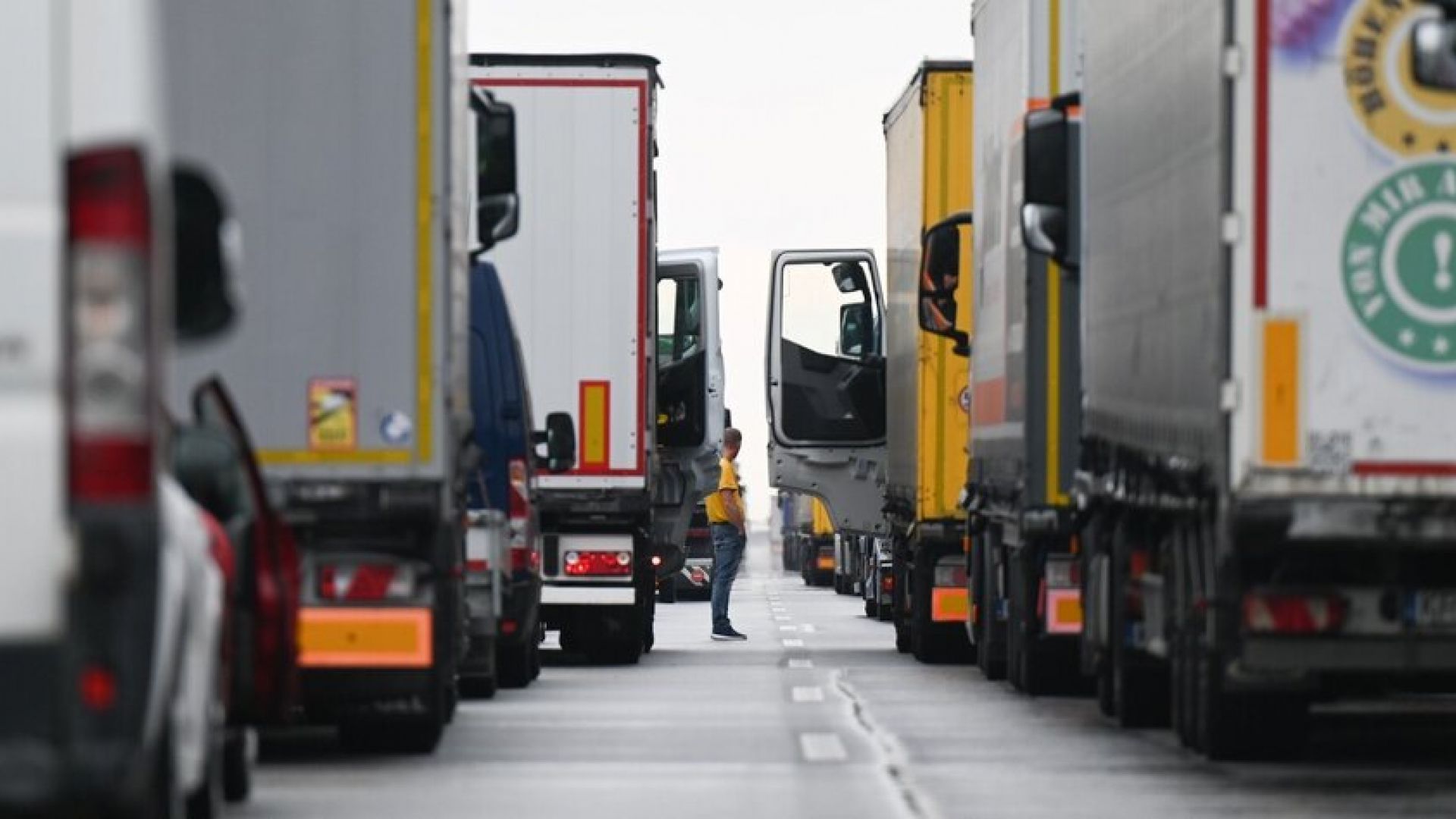The European Commission and EU member states must act now to stop the scandalous exploitation of lorry drivers within the European transport sector, urge S&Ds. Today, on our initiative, the European Parliament discussed this topic at the plenary session in Strasbourg, after it was brought to public attention by striking truckers in Gräfenhausen, Germany. We must move quickly from words to action. The member states must ensure a proper implementation and control of the mobility package and the Commission must facilitate this process in any way possible to ensure a consistent application of EU regulations designed to protect all workers.
More than 60 truck drivers from Uzbekistan and Georgia are protesting at a service station close to Frankfurt. They started the strike after having waited for more than 50 days to be paid for their work. Moreover, on Good Friday, the Polish contractor Lukasz Mazur arrived at the service station with a group of paramilitary thugs in armoured vehicles to force the drivers out of their trucks. The truck drivers, supported by the police and members of trade unions on-site fortunately prevented the attack.
Gaby Bischoff, S&D vice-president responsible for fair mobility for all, said:
“This situation is scandalous and simply unacceptable. There is a blatant systemic issue of exploitation in the European transport sector. This shows that the EU measures, which are in place to protect all workers, are not properly applied and partly not sufficient. We need systemic controls of working conditions in the transport sector and all other vulnerable sectors to prevent further exploitation.”
“The S&Ds call on the co-legislators to do whatever is necessary to stop the abuse of workers in vulnerable sectors. It is not acceptable that workers in the EU are reliant only on mutual solidarity and support structures like the alliance fair mobility, which assists workers suffering from abusive working conditions, to retain their rights. We must act swiftly and comprehensively to stop all abuse on the European labour market.”










